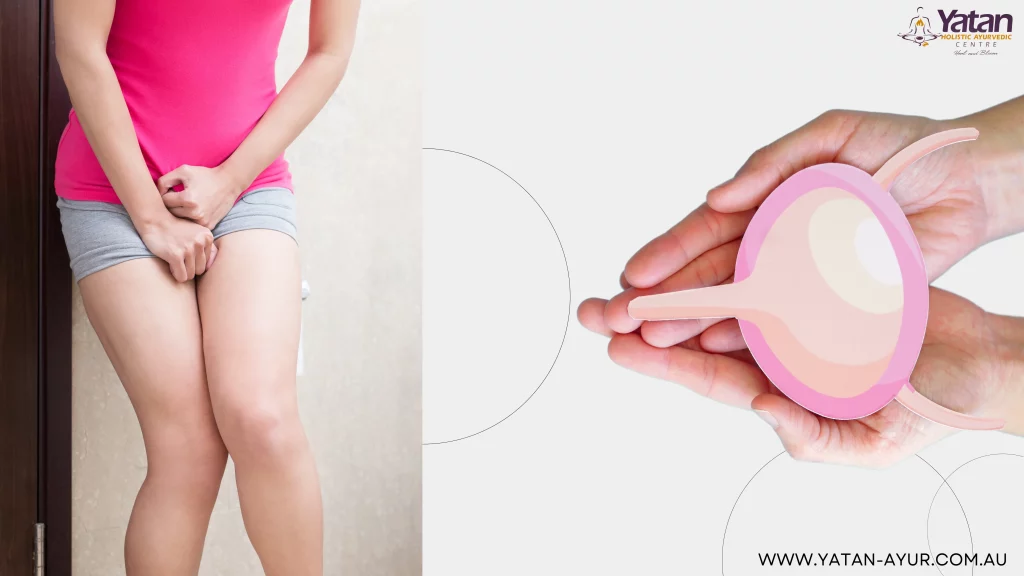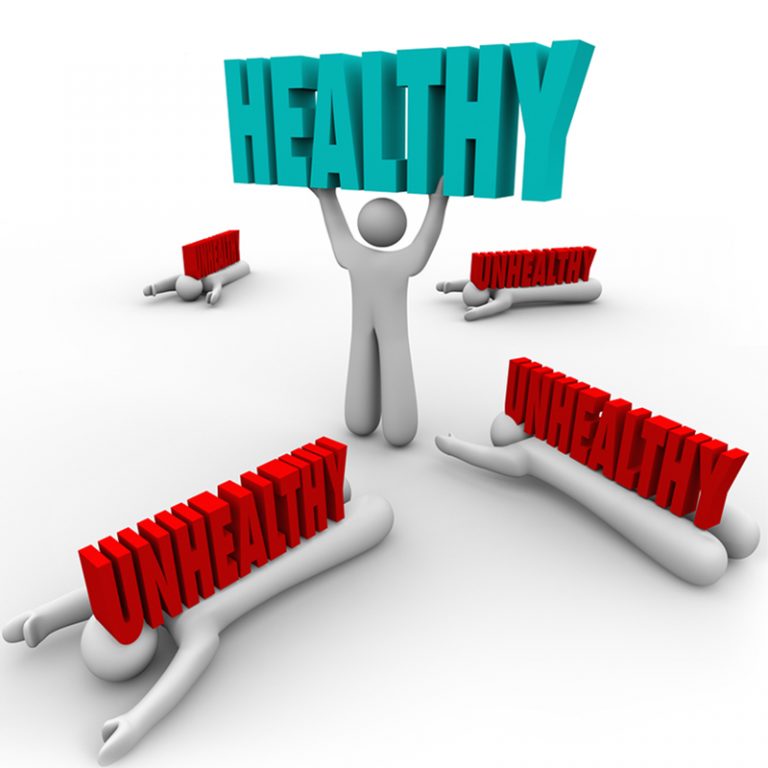Addressing Incontinence in NZ Women Through Ayurveda: A Holistic Approach

More than 40 percent of New Zealand women experience problems with incontinence, according to recent research. Otago University Professor Jean Hay-Smith, co-author of the study published in The New Zealand Medical Journal, highlights the social stigma associated with incontinence, which prevents many women from seeking the help they need. Incontinence is often considered embarrassing or shameful, and many women may believe it is an inevitable part of childbearing or aging. However, effective treatments are available, and Ayurveda offers a natural and holistic approach to managing this condition.
Understanding Incontinence and Its Symptoms

Incontinence is the involuntary leakage of urine, which can vary from a few drops to a more significant amount. Common symptoms include:
- Frequent urges to urinate
- Leakage during physical activities or coughing
- Accidental wetting
The research shows that of the 2472 women with any incontinence, 41 percent experienced it less than monthly, 44 percent weekly, and 15 percent daily. While incontinence is most common in women aged 50 and over, it also affects 21 percent of those aged 16-29.
Ayurvedic Perspective on Incontinence
Ayurveda, the ancient Indian system of medicine, views incontinence not merely as a physical ailment but as an imbalance in the body’s natural energies, or doshas. In Ayurvedic terms, incontinence is often associated with an imbalance in the Vata dosha, which governs movement and elimination processes in the body.
Early Signs of Incontinence
Recognizing the early signs of incontinence can lead to earlier intervention and better management. Early signs include:
- Minor leakage during activities such as laughing, coughing, or lifting
- A sudden, strong urge to urinate
- Frequent urination, even at night
Ayurvedic Treatment for Incontinence
Ayurvedic treatment for incontinence focuses on balancing the doshas, strengthening the pelvic floor, and promoting overall wellness. Here are key Ayurvedic treatments and natural remedies:
1. Pelvic Floor Exercises (Kegel Exercises)
Strengthening the pelvic floor muscles is crucial in managing incontinence. Regularly practicing Kegel exercises can help improve muscle tone and control. Ayurveda recommends integrating these exercises with proper breathing techniques and mindfulness to enhance their effectiveness.
2. Herbal Medicine
- Ashwagandha (Withania somnifera): Known for its rejuvenating properties, Ashwagandha helps in strengthening the muscles and reducing stress, which can contribute to incontinence.
- Shatavari (Asparagus racemosus): This herb is beneficial for women’s health and supports the urinary system.
- Triphala: A blend of three fruits, Triphala helps in detoxifying the body and improving digestion, which can indirectly benefit urinary health.
3. Diet and Hydration
- Maintaining a balanced diet and staying hydrated is essential. Ayurveda suggests avoiding caffeine, alcohol, and spicy foods as they can irritate the bladder. Instead, incorporate foods that are cooling and soothing, such as cucumbers, melons, and leafy greens.
- Consuming fiber-rich foods helps in preventing constipation, which can exacerbate incontinence. Proper hydration is also crucial, but it should be managed to avoid overloading the bladder.
4. Yoga and Meditation
- Yoga postures such as Moola Bandha (Root Lock) and other poses that strengthen the core and pelvic area are beneficial. Practicing yoga regularly can help in maintaining pelvic health and overall body balance.
- Meditation and breathing exercises, such as Pranayama, can help reduce stress and improve overall mental well-being, which is essential in managing incontinence.
5. Lifestyle Modifications
- Maintaining a healthy weight reduces pressure on the bladder. Regular physical activity enhances overall health and helps in managing symptoms.
- Ayurveda also emphasizes the importance of a regular daily routine (Dinacharya), which includes proper sleep, balanced meals, and adequate physical activity.
Breaking the Stigma and Seeking Help
Professor Hay-Smith points out that many women feel embarrassed to discuss incontinence, leading to social isolation and a decreased quality of life. Ayurvedic practitioners encourage open discussions about this condition and emphasize that incontinence is a common issue that can be managed effectively with natural treatments.
Health professionals have many opportunities to ask about women’s “pelvic health” during consultations for contraception, cervical smears, and gynecological symptoms. By integrating Ayurvedic practices, they can provide holistic care that addresses both the physical and emotional aspects of incontinence.
Conclusion
Incontinence is a prevalent issue among New Zealand women, but it doesn’t have to be endured in silence. Ayurveda offers natural and effective treatments that focus on restoring balance to the body’s energies, strengthening the pelvic floor, and promoting overall wellness. By adopting Ayurvedic practices and seeking support, women can manage incontinence and improve their quality of life.
At Yatan Holistic Ayurvedic Centre in Sydney, we are dedicated to providing holistic Ayurvedic treatments to help women manage incontinence naturally. Our personalized approach ensures that each woman receives tailored care that addresses her unique needs, promoting overall wellness and quality of life.
Are you looking for natural Ayurvedic treatment for incontinence? Contact us today for a phone consultation or book an appointment.
Remember, incontinence is common, but you can regain control and confidence with the right support and natural treatments. Seek Ayurvedic solutions and embrace a holistic approach to wellness.
By integrating these Ayurvedic practices into your daily routine, you can manage incontinence effectively and improve your quality of life. Remember, incontinence is common, but it doesn’t have to be endured in silence. Seek support, explore natural treatments, and embrace a holistic approach to wellness.
Disclaimer: This article is not intended to substitute medical advice. All information and resources referenced, including medicinal preparations, fitness, dietary and lifestyle recommendations, are based on the opinion of the author. Please consult a medical practitioner if you require advice or are experiencing any worrisome symptoms.

*Discover holistic healing with a complimentary phone or video consultation from our expert Ayurvedic practitioner. Start your path to better health today!*





















